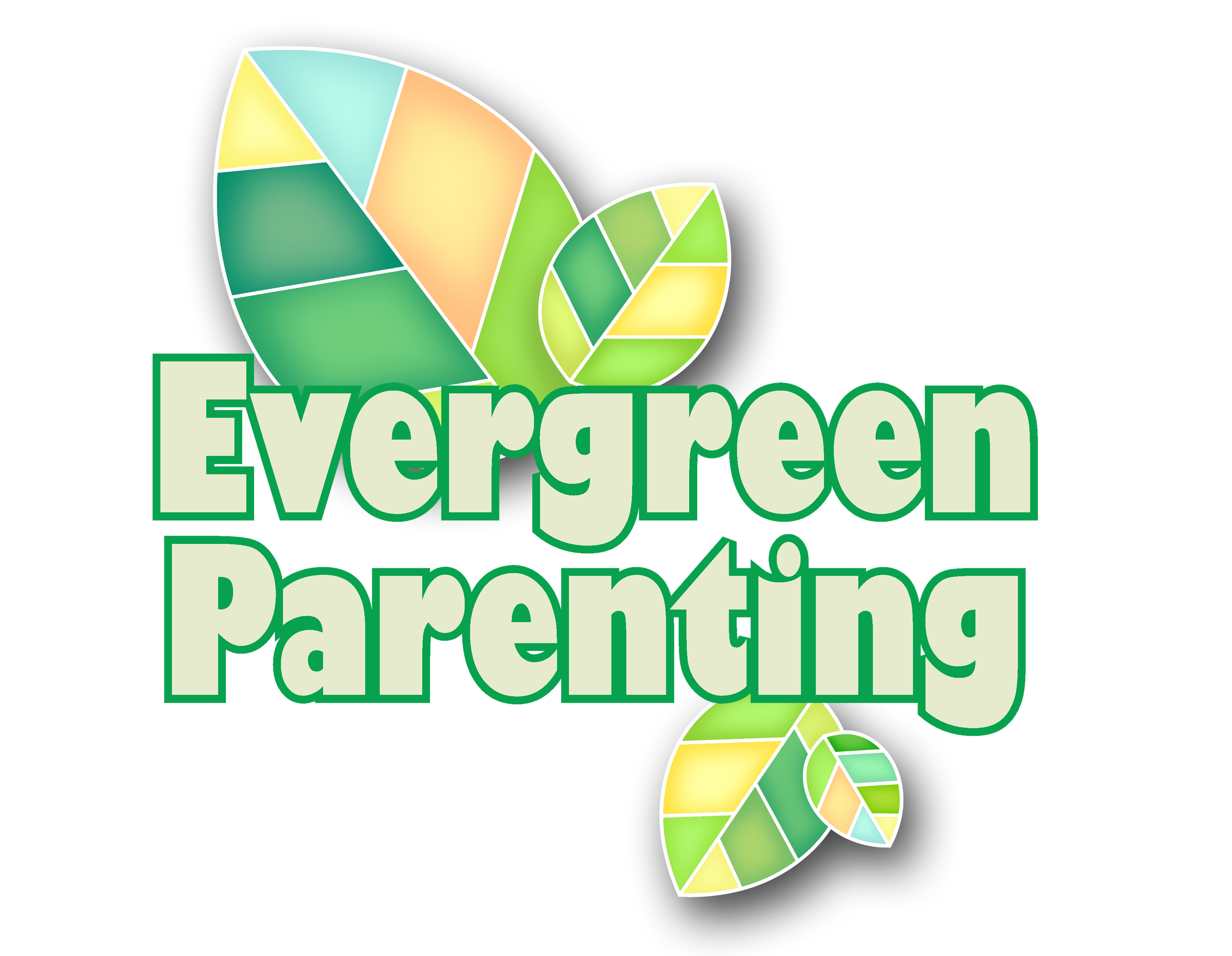Evergreen@School
Evergreen@School refers to content developed, by Hettie Brittz, for the school community. The aim: to uplift and empower educators, parents and learners. Our principles on raising children has impacted families since 2007 and, by public demand, we also developed material for teachers.

What do we believe?
A word on discipline
There are two camps influencing discipline advice around the world: the Humanistic and the Biblical view. You have to choose between them… because the end results are worlds apart.
Our principles on discipline are based on the Biblical view.
Watch this video by Lydia Kies.
The truth about most schools’ discipline plans
Conclusions drawn from our research at schools across South Africa:
- Disciplinary plans and the protocol on the handling of misbehaviour are open to subjective interpretation – the result is inconsistent implementation and therefore an unfair discipline plan.
- There are usually one-size-fits-all consequences for offenses. Most often it’s unrelated to the offense.
- Offenders learn nothing from these consequences.
- Parents interfere and “save” their children.
- Learners with a positive, respectful attitude end up in trouble just as often as willfully defiant learners.
- Learners learn to “play” the system.
- Some school rules have become obsolete and do not make sense anymore.
- Learners with behavioural problems are not helped.
- Group punishment is often the only option (but it causes obedient learners to lose trust in the system.)
- Teachers are cautious about discipline as they fear parents’ reaction and do not feel supported by school management.
- An uncomfortable amount of bullying behaviour is reported (and most incidents are never reported!)
- An unfair hierarchy of achievements exists (some achievements weigh more than others.)
- No reward system or acknowledgement for learners with character and positive attitude (only medals and trophies for good performance).
Do these statements ring true for your school?
We have courses, workshops, talks and more for pre-school educators and primary school educators:
Our accredited consultants are working nationwide to connect with parents and teachers in every city and town to try and make a difference.
Interested?
Connect with our Evergreen@School Consultants by sending a message:
More info on course content:
(Click on the image of the course workbook for more information on the content)


